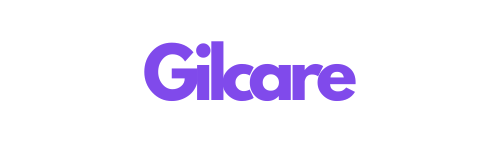Can AI Replace Mental Health Professionals? It’s a question that’s been floating around Silicon Valley watercoolers and therapy offices alike, sparking both excitement and concern across the healthcare landscape. You’re feeling overwhelmed, anxious, and in need of support. Your phone buzzes with a notification – your AI counseling app is checking in. It’s 3 AM, and while human therapists are sleeping, this digital companion is ready to listen. But can lines of code truly replicate the nuanced understanding, empathy, and human connection that mental health professionals spend years developing?

Table of Contents
As we navigate the intersection of artificial intelligence and mental healthcare, we’re witnessing a transformation that’s both promising and complex. The technology is impressive – AI can analyze patterns in speech, recognize emotional cues, and provide 24/7 support. Yet, mental health care is uniquely human, built on trust, intuition, and shared experiences that have evolved over millennia of human interaction.
Can AI Like ChatGPT Replace Psychologists?
Let’s cut through the hype for a moment. While ChatGPT might impress you with its ability to write poetry or debug code, comparing it to a psychologist is like comparing a cookbook to a master chef. Sure, both contain information about food, but only one can smell when the sauce is burning or intuitively know when to add that pinch of salt.
Consider Syla, who tried using AI chatbots for emotional support. “The responses were impressively articulate,” she noted, “but something felt off. It was like talking to someone who had memorized a psychology textbook but never actually felt heartbreak or celebrated a personal triumph.”
Here’s the thing: ChatGPT and similar AI models are essentially sophisticated pattern-matching systems. They can recognize signs of depression in text and respond with clinically appropriate phrases, but they can’t pick up on the slight tremor in your voice when you say “I’m fine.” They won’t notice when you’re using humor to deflect from deeper issues, or when your body language contradicts your words.
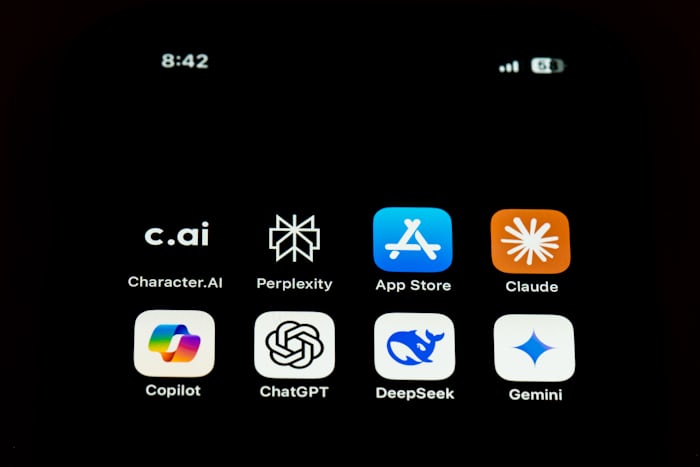
Think about your closest friend – the one who knows when you’re putting on a brave face. They’ve learned your quirks, your history, your defense mechanisms through years of genuine human connection. Now imagine trying to replicate that depth of understanding with an AI that, despite its vast knowledge, experiences neither joy nor sorrow, neither triumph nor failure.
That said, AI isn’t useless in mental health – far from it. But perhaps we’re asking the wrong question.
Instead of wondering if AI can replace psychologists, shouldn’t we be exploring how it can amplify their capabilities?
Because while ChatGPT might be able to provide basic coping strategies or relaxation techniques, it’s not going to remember the way you lit up when talking about your grandmother’s cooking, or intuitively understand why that matters to your healing journey.
How AI Is Changing Mental Health Care
Remember the days when getting mental health support meant waiting weeks for an appointment, only to spend half your session stuck in traffic? Those days are fading faster than a therapist’s ink pen. AI is reshaping mental health care in ways that would have seemed like science fiction just a few years ago.
Take Eneh, a college student in rural Montana. Before AI-powered mental health platforms, her options for therapy were limited to a single overwhelmed counselor at the local clinic. Now she uses an AI-assisted app that helps her track mood patterns, practice mindfulness exercises, and connect with licensed therapists through video calls. The AI component flags potential crisis situations and sends preventive alerts to her care team.

But here’s where it gets really interesting: AI isn’t just making mental health care more accessible – it’s making it smarter. Machine learning algorithms can now predict potential mental health crises by analyzing patterns in speech, sleep, and even smartphone usage. Imagine your phone noticing you haven’t left your house in three days and haven’t been sleeping well, then gently suggesting some mood-boosting activities or offering to connect you with a counselor.
Some innovative clinics are using AI as a “therapy assistant” – not replacing therapists, but supercharging their capabilities. While the therapist focuses on building rapport and understanding the client’s unique situation, AI tools analyze session transcripts to identify recurring themes, track progress, and suggest evidence-based interventions. It’s like giving therapists a super-powered second brain that never forgets a detail from previous sessions.
However, let’s be real: this technological revolution isn’t without its speed bumps. Privacy concerns loom large – after all, we’re talking about some of our most vulnerable moments being processed by algorithms. And there’s the very real risk of over-reliance on technology, potentially missing the subtle human elements that make therapy effective.
But perhaps the most exciting development is how AI is democratizing mental health knowledge.

Those 3 AM anxiety attacks? There’s now AI-powered support available instantly, offering evidence-based coping strategies while you wait to connect with a human professional. It’s not a replacement for therapy, but rather a first line of defense in our mental health toolkit.
The future? It’s not about AI replacing therapists – it’s about creating a mental health ecosystem where technology and human expertise work in harmony, making quality care more accessible, efficient, and personalized than ever before.
What AI Can (and Can’t) Do in Therapy
Imagine you’re telling a deeply personal story about your childhood. An AI can recognize keywords like “trauma” or “anxiety” and respond with textbook-perfect therapeutic phrases. But can it feel the weight of the silence between your words? Can it sense when you need a gentle push versus a moment to simply sit with your emotions?
AI’s Superpowers:It’s like having a tireless mental health intern who’s memorized every psychology journal ever published.
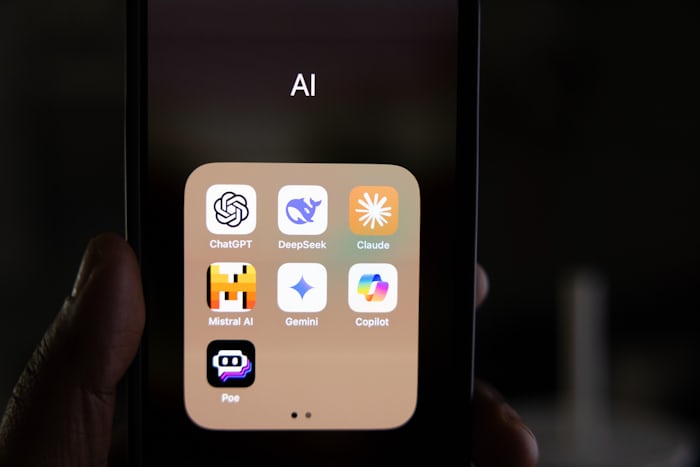
AI excels at:
- Providing 24/7 crisis resources when human therapists are unavailable
- Offering consistent, judgment-free responses to common mental health concerns.
- Tracking patterns in mood, behavior, and thought processes with remarkable precision.
- Suggesting evidence-based coping strategies tailored to specific symptoms.
- Making mental health education accessible in plain, human language.
The Human Touch That AI Can’t Fake:But here’s where AI hits its emotional limits. Dr. Rachel Chen, a clinical psychologist, puts it perfectly: “AI can simulate empathy, but it can’t feel it. It’s like the difference between reading about swimming and actually getting in the water.”
AI can’t:
- Build genuine therapeutic alliance based on shared human experience.
- Pick up on subtle non-verbal cues that often tell the real story.
- Adapt to unexpected emotional revelations with true understanding.
- Provide the healing power of authentic human connection.
- Navigate complex ethical decisions that require human judgment and wisdom
Here’s a real-world example: Omri used an AI therapy app for anxiety. “It was great for learning breathing techniques and tracking my panic attacks,” he shares. “But when I needed to process my grief after losing my mom, no algorithm could replace sitting with a therapist who could truly understand and hold space for that pain.”
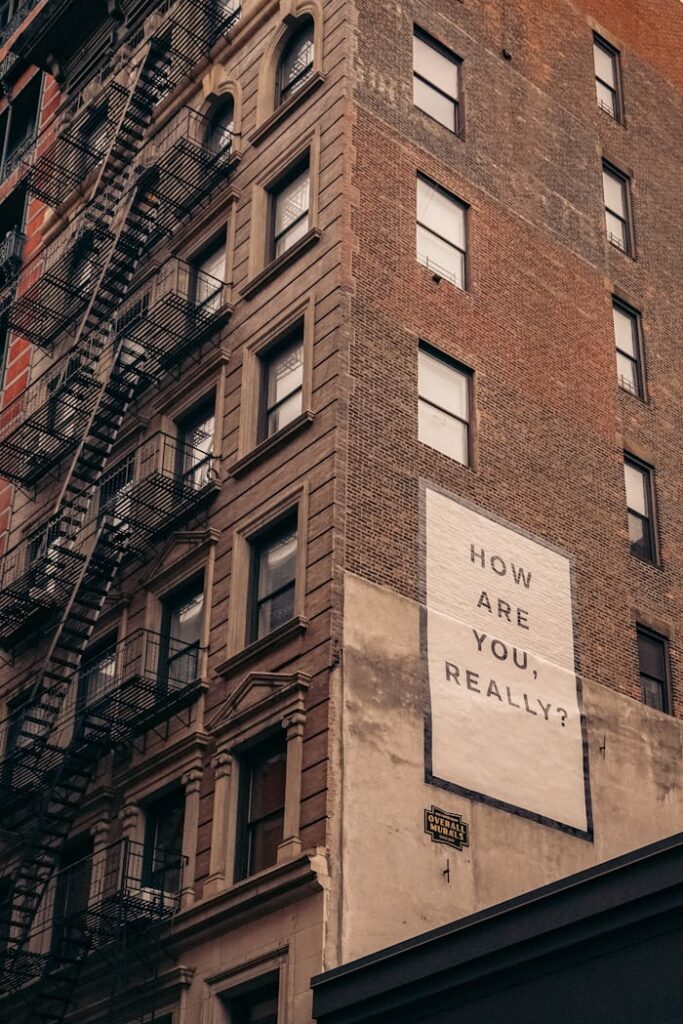
The Sweet Spot:Think of AI as the Swiss Army knife in a therapist’s toolkit – incredibly useful but not the whole toolbox. The most promising developments come from combining AI’s analytical capabilities with human therapists’ emotional intelligence. AI can handle the heavy lifting of data analysis and routine support, freeing up human therapists to do what they do best: forge meaningful connections and guide profound personal transformation.
For example, some innovative practices now use AI to analyze therapy sessions and suggest potential breakthrough points the therapist might explore in their next session. It’s like having a brilliant assistant who takes perfect notes and offers insights, while the therapist maintains the sacred space of human connection.
The bottom line? AI isn’t here to replace your therapist – it’s here to make sure you get the most out of your time with them. And in a world where mental health support is increasingly crucial, that’s something worth celebrating.
The Role of Human Empathy in Mental Health Treatment
Picture the last time someone truly understood what you were going through. Not just nodded along or offered advice, but really got it. That electric moment of connection when your experience is reflected in another person’s eyes – that’s the magic AI can’t bottle.

Dr. Sarah Winters, a trauma specialist, shares something a insightful: “In my 20 years of practice, I’ve learned that healing often happens in the spaces between words – in a shared tear, a knowing look, or even comfortable silence. These moments can’t be programmed.”
Let’s talk about Mai, a domestic violence survivor who tried both AI-assisted and traditional therapy. Through her AI app, she learned valuable coping strategies and stress management techniques. But it was her human therapist who helped her rebuild trust in relationships. “The AI was helpful,” Mai explains, “but it couldn’t understand the complexity of feeling both love and fear for someone. My therapist’s genuine emotional responses helped me feel less alone in my complicated feelings.”
This is where human empathy shows its irreplaceable value: The Power of Shared Human Experience
The Power of Shared Human Experience
When a therapist says, “I hear how painful that is,” it carries the weight of someone who has also experienced pain, joy, loss, and triumph. They’re not pulling from a database of appropriate responses – they’re drawing from the well of human experience. Their emotional responses aren’t simulated; they’re authentic reactions that validate and normalize your feelings.

Consider this: A therapist might tear up while hearing your story of loss, and that shared moment of vulnerability becomes a powerful part of your healing journey. An AI might recognize the sadness in your words, but it can’t share in your emotional experience or use its own vulnerability as a therapeutic tool.
The Dance of Therapeutic Relationship
Human therapists engage in what we call the “therapeutic dance” – they adjust their approach in real-time based on subtle cues. They might notice you tense up at the mention of a particular topic and gently explore that reaction. They remember the way your face lit up when mentioning a childhood memory and skillfully weave that insight into future sessions.
A client once said: “My therapist remembered that I find comfort in baking when stressed. During a particularly tough session, she didn’t just suggest ‘try a relaxing activity’ like the AI would. Instead, she asked if I’d tried making my grandmother’s cookie recipe lately. That personal touch made all the difference.”
The Revolutionary Combination
But here’s where it gets exciting: The future of mental health care isn’t about choosing between human empathy and artificial intelligence. It’s about leveraging both. Imagine a world where AI handles the administrative heavy lifting, tracks patterns, and provides round-the-clock support, while human therapists focus on what they do best – creating those profound moments of connection that spark real transformation.
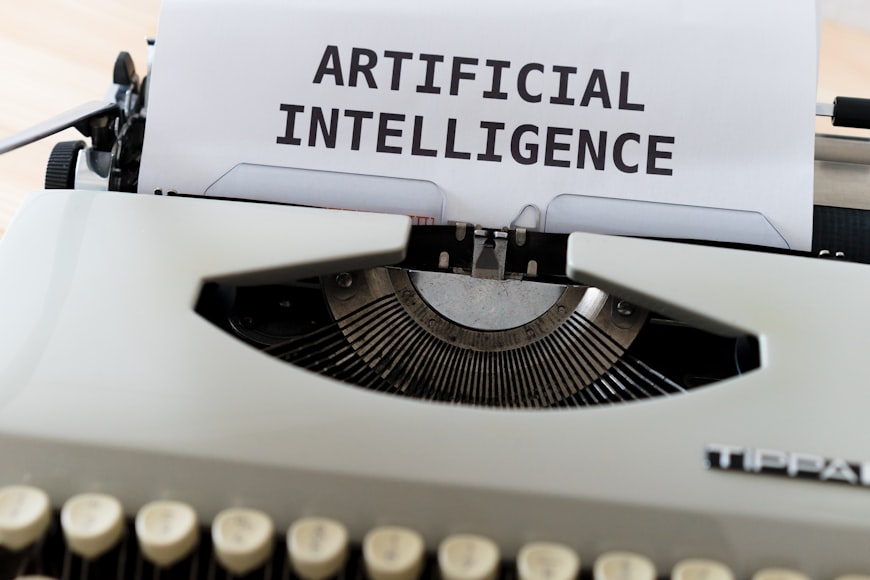
As we continue to advance technologically, perhaps the most revolutionary act is recognizing that some aspects of healing fundamentally require human connection. In a world increasingly mediated by screens and algorithms, the power of genuine human empathy becomes not just valuable, but vital.
How Mental Health Professionals Can Use AI to Help Patients
Think of AI as the high-powered assistant every mental health professional wishes they had – like having a brilliant research associate, administrative wizard, and data analyst all rolled into one. Here’s how the savviest therapists are putting AI to work:
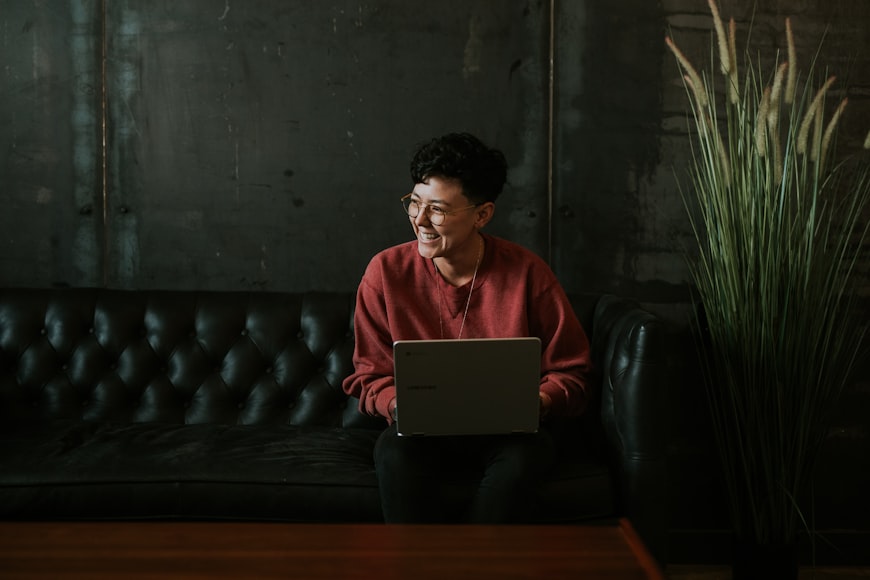
Dr. James Chen, a psychiatrist in Boston, revolutionized his practice by integrating AI tools. “I use AI to handle my session notes, track patient progress, and even flag potential crisis indicators that I might miss. It’s like having a second brain that never gets tired,” he explains.
Smart Integration in Action
- Between-session support: Therapists are using AI-powered apps to provide clients with personalized coping exercises, mood tracking, and guided meditation between appointments.
- Pattern recognition: AI analyzes session transcripts to identify recurring themes, helping therapists spot underlying issues that might not be immediately obvious.
- Treatment planning: AI systems can suggest evidence-based interventions based on client symptoms and progress.
- Crisis prevention: Advanced algorithms monitor client data to predict potential mental health crises, allowing therapists to intervene proactively.
- Administrative efficiency: AI handles scheduling, paperwork, and routine communications, giving therapists more time to focus on client care
The game-changer? AI’s ability to process vast amounts of research and clinical data. As one therapist put it, “It’s like having instant access to thousands of case studies and treatment outcomes right at my fingertips.”

Conclusion: The Future of Mental Health Care
Let’s cut to the chase: AI isn’t replacing mental health professionals – it’s empowering them. Like how a telescope doesn’t replace an astronomer but helps them see further into space, AI is extending the reach and effectiveness of mental health care in ways we’re just beginning to understand.

The future we’re heading toward isn’t one where you confide your deepest fears to a chatbot. Instead, imagine a world where AI and human expertise work in perfect harmony: AI handling the heavy lifting of data analysis, pattern recognition, and routine support, while human therapists focus on what they do best – creating those transformative moments of connection and insight that change lives.
Remember Eneh from Montana? She now has access to both AI-powered support tools and regular video sessions with her therapist. The AI helps track her progress and provides immediate support during rough patches, while her therapist guides her through deeper emotional work. It’s not about choosing between human or artificial intelligence – it’s about leveraging both to create something greater than the sum of its parts.

As we stand at this technological crossroads, one thing becomes crystal clear: the future of mental health care will be built on the foundation of human connection, empowered by artificial intelligence. And that’s not just good news for mental health professionals – it’s a win for anyone who’s ever needed support during life’s challenging moments.
After all, in the grand quest for better mental health care, maybe it’s not about replacement, but enhancement. Not about AI versus humans, but AI with humans. And in that collaboration lies the potential to make quality mental health support more accessible, effective, and human than ever before.
